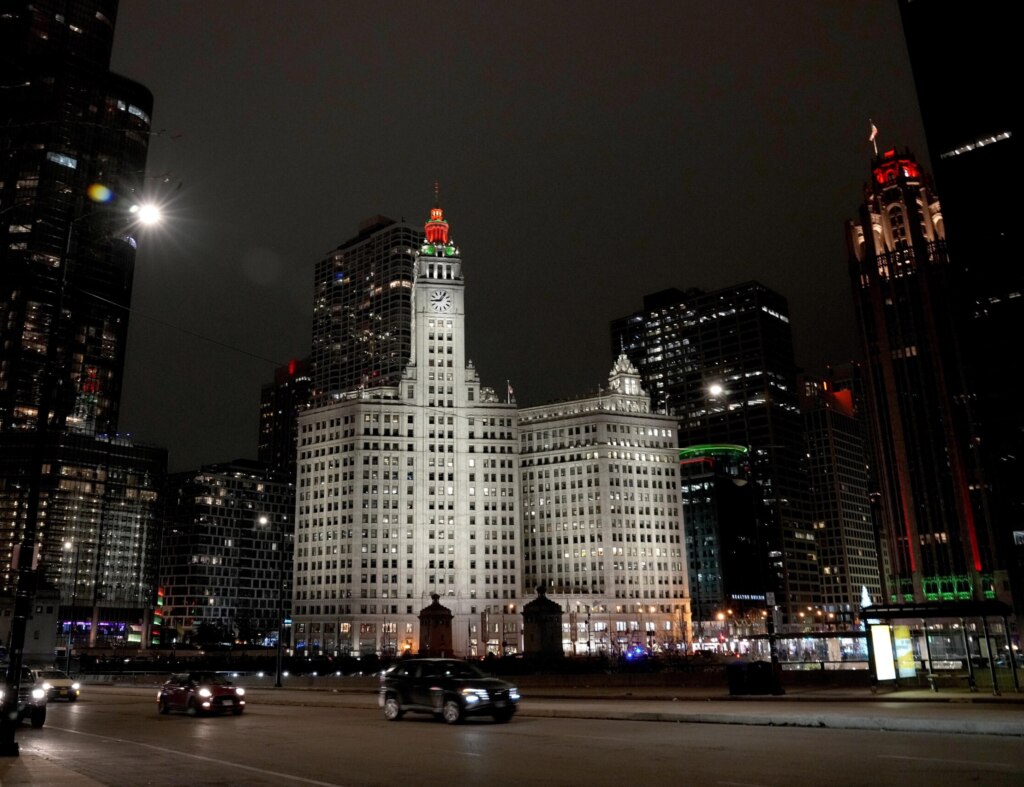Bussiness
Chicago business licenses hit lowest level since pandemic

Only the pandemic hurt Chicago business starts and sustainability more during the past decade. Maybe Mayor Brandon Johnson should stop treating businesses like the enemy?
Chicago business license approvals for new and existing businesses fell to their second-lowest level in the past decade, barely beating out the city’s worst year at the start of the COVID-19 pandemic.
And the numbers were worse for businesses wanting to keep going: the 22,558 renewals were the lowest in a decade.
In total, 29,425 new or renewed city business licenses were approved in the past 12 months through October, according to city data. That’s only seven more licenses than the city certified between November 2019 and October 2020, when early COVID-19 mitigations shuttered non-essential businesses.
Chicago leaders approved 1,449 fewer business licenses between November 2023 and October 2024 than during the same period one year prior.
This short-term drop follows a larger trend of progressively declining approvals. During the past decade, Chicago has seen nearly 1 in 5 businesses disappear.
Licenses to do business in the city of Chicago must typically be renewed every two years and may require on-site inspections, zoning reviews and even criminal background checks.
The application fee for a limited business license, the most common license issued by the city last year, was $250. However, these costs can rise as high as $6,600 for certain licenses.
Highly conservative estimates place the revenue generated from Chicago’s approved business license application fees at more than $21.2 million during the 12-month period.
Businesses in Chicago already pay the second-highest state corporate income tax rates in the nation. They also pay the second-highest commercial property taxes in the U.S.
That’s in addition to the seventh-highest combined state and local sales tax rate and one of the most punitive unemployment insurance tax structures in the nation by operating in Illinois.
Chicago leaders need to make it easier for entrepreneurs and existing businesses to compete in the Windy City or risk these employers taking their jobs and tax dollars to more competitive locales, like Boeing, Caterpillar and Tyson have already done.




/cdn.vox-cdn.com/uploads/chorus_asset/file/25336519/STK450_EU_G.jpg)





